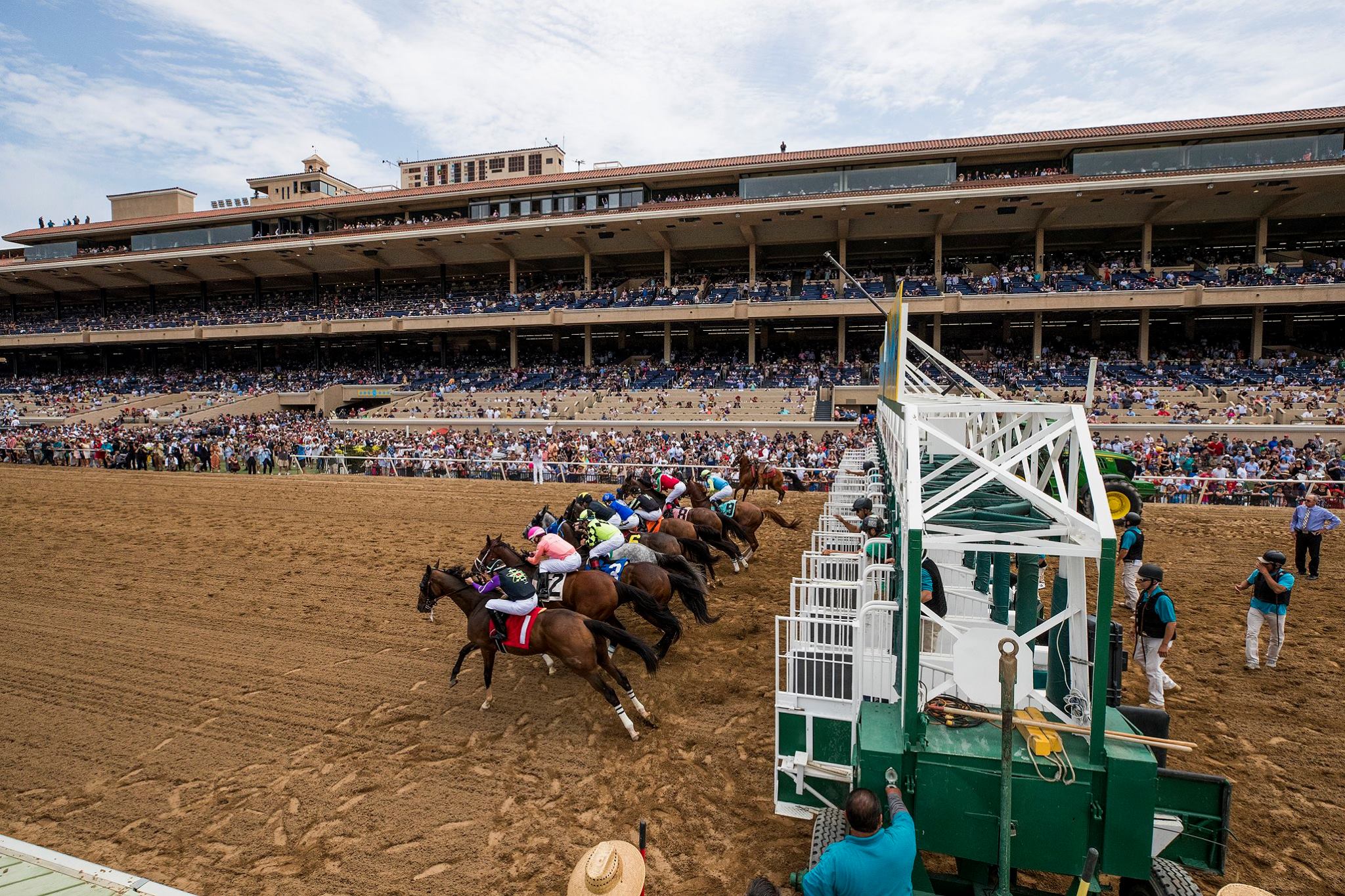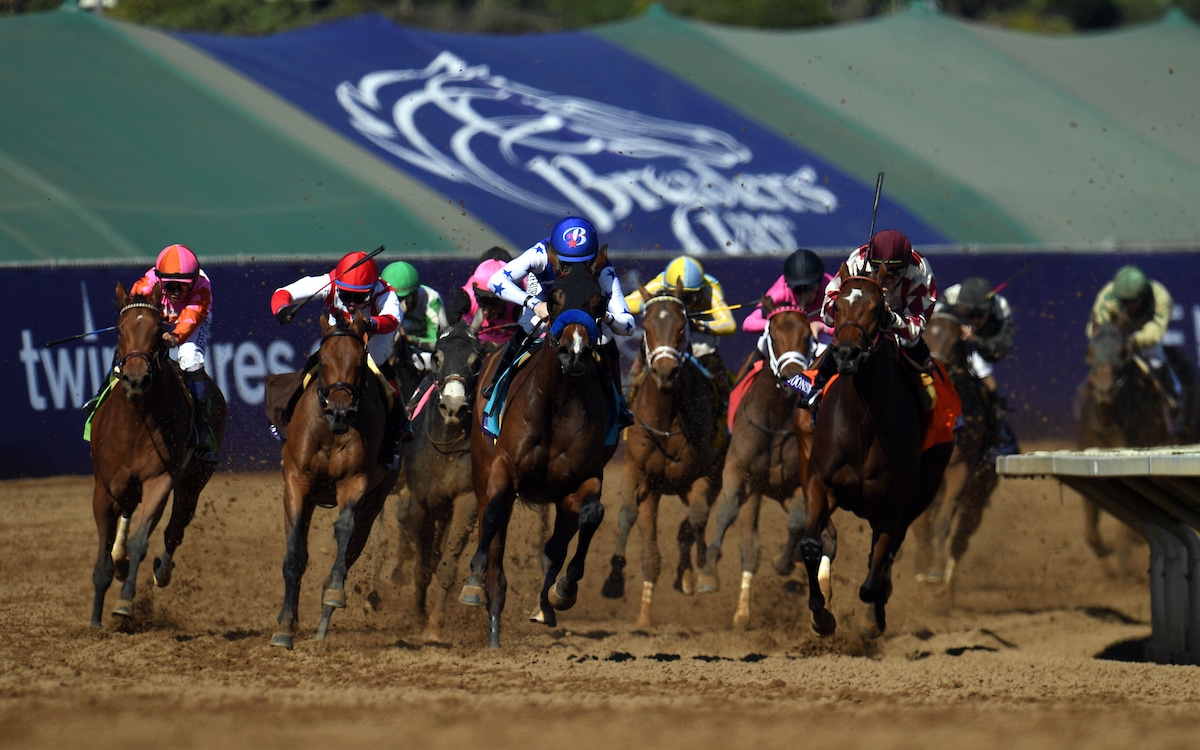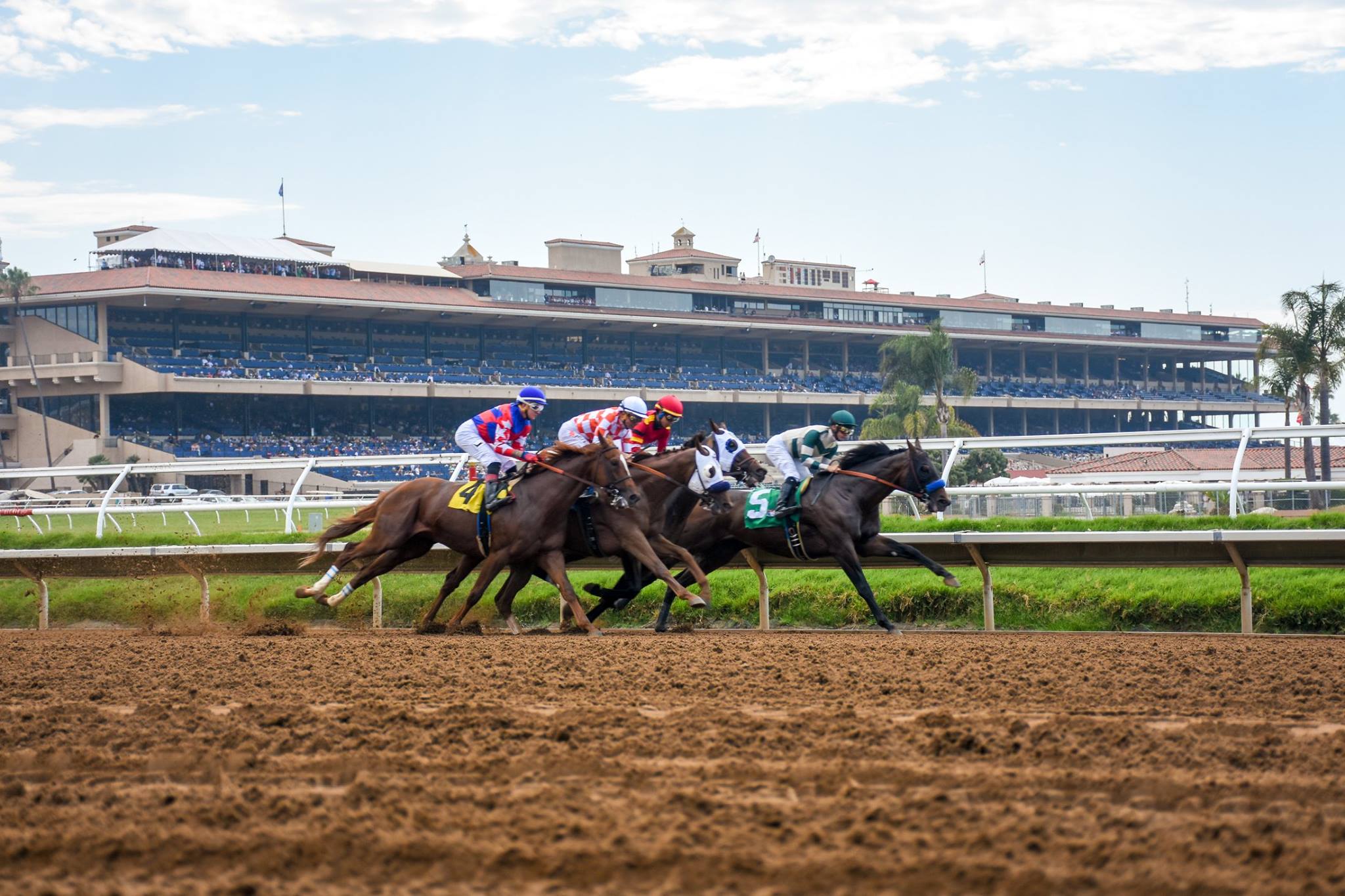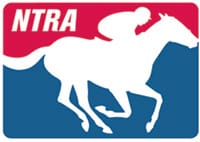
Bill Benter is the billionaire punter who cracked the horse-racing code.
Did you ever consider horse race betting as a viable career path? Well, for Bill Benter, a college dropout from Pittsburgh, who spent years cracking the betting algorithm to increase his odds, it was a lucrative decision that changed his life.
When we say lucrative, we mean he made over $1 billion from betting on horse racing. In fact, the punter made so much money that when he won $16 million from a single race, he forgot to cash out his ticket!
Bill Benter, currently known as a civic benefactor of the Pittsburgh community and the owner of a medical transcription company, was once studying for a physics major. During his college years, he became obsessed with Ed Thorp’s “Beat the Dealer,” a famous book about beating the house in blackjack.
After reading the book, he was convinced that he could make a lot of money by using it. He quit college in 1979 and left for Las Vegas to start his gambling career. At first, he struggled to use the strategy successfully. He was working minimum wage at a 7-Eleven for a living rather than winning at the casino.
He kept trying to beat the odds for a full year until he achieved two things: he won $80000 (the equivalent of $250,000 today), and he got permanently banned from Las Vegas casinos. Since he was only left with the option of going back home or find a different game where he could test his system, Benter decided to try his luck in beating the horse racing odds.
Throughout his 30 years betting career, the gambler earned more money than he could keep track of. In this article, we will explore the secrets of horse race betting, as well as some tips that can help improve your odds.
Let’s jump right in!
A piece of advice for aspiring bettors
Before we present you Bill Benter’ secret recipe for betting success, we would like to offer you a valuable tip that will help you in the long-term:
No matter what sport you want to bet on, whether it’s horse racing or basketball, you need to understand that one of the most valuable resources you have today is the Internet.
Back in Bill Benter’s days, technology wasn’t too advanced, and getting access to betting statistics or any other gambling-related data was nearly impossible unless you knew the right people.
Nowadays, any information you need is one click away, as long as you are willing to search for it. There are even dedicated gaming apps that offer free data, including odds, player statistics, and team comparisons. On top of that, you can download these apps on your mobile device, and analyze data and even place bets directly from your phone.
If a college dropout managed to make millions of dollars from betting without internet access, you have no excuse not to make the best decision and learn as much as you can before you wager your money on a sporting event.
Bill Benter’s horse race betting strategy
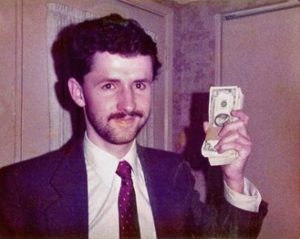
In an interview for Bloomberg Business, Bill Benter explained in great detail how he managed to crush it on the racing track. To summarize, it all comes down to data and analysis.
Benter analyzed all the available sources (which were quite limited at the time) and learned everything he could about the history of horse racing, particularly the Hong Kong scene, which is one of the most lucrative horse betting markets in the world.
During his research, the punter came across a 1986 scientific article called “Searching for Positive Returns at the Track: a Multinomial Logit Model for Handicapping Horse Races.” The two Canadian authors argued that if you track enough variables, you can calculate the odds better than the ones the racetracks came up with.
However, there was a problem – Benter had little to no knowledge of statistics, which was mandatory to pull this off successfully. Thus, he started learning advanced statistics and code software on an early version of the PC, which had a green-and-black screen.
The first attempt – Moving to Hong Kong
Once he had a thorough understanding of advanced statistical models, he teamed up with Tony Woods, a former insurance actuary who was also an ill-reputed gambler in Vegas. The two partners moved to Hong Kong, where they set up a shop in a shabby apartment. They equipped it with computers, collected as much information about horse racing as possible, and fed the data to the statistical models developed by Benter.
During the first year, the two punters made small bets and lost over $120,000. That was the moment Benter realized that he could indeed handicap horse races. Still, he didn’t have enough data to do it successfully.
The second attempt – an unexpected discovery

The partnership between Woods and Bill Benter didn’t last too long. Shortly after they lost everything, Benter left Hong Kong and returned to counting cards. He played blackjack in Atlantic City for over two years, where he managed to gather a few hundred thousand dollars.
Now that he had enough capital to beat the odds by himself, he decided to leave for Hong Kong and try again. Benter believed that the Hong Kong betting market was better than the US because the stakes were higher (approximately $10.7 billion a year based on recent estimates).
On top of that, private clubs were running the horse racing tracks. Still, the ultimate beneficiary from gambling revenue was the government, which was getting 10% of all tax revenue. On top of that, the house didn’t make its money by winning against the customer but instead kept 17% of the total betting pool as a commission.
Bill Benter poured 17 data points into his statistical model about every horse’s history and every race he was planning to bet on, including the number of days between each horse’s run and how it influenced its performance. He spent a lot of time trying to analyze the history of Hong Kong’s weather to determine if it could affect a race’s outcomes. Still, he didn’t manage to identify any pattern.
Even though his statistical model was bringing him a decent income, he wasn’t satisfied. That was until he discovered that he omitted a crucial data point that changed his life – the publicly available horse racing odds.
That was when he realized that his prediction model was actually more effective at improving the public racetrack odds than generating them from scratch. Once he added the available odds to the statistical model, Benter made over $3 million profit.
The end of a successful journey
Once Bill Benter successfully cracked the horse-racing code, the money started adding up. According to him, by the year 1997, just before Hong Kong was handed over to China, he had $50 million in his bank account.
He then decided that it was time to take things slower, so he gambled less and joined the Rotary Club. In late 2001, he felt like it was time to go back to the U.S., but not before winning one last bet – a Triple Trio jackpot.
The odds of winning the Triple Trio were 1 in 10 million. It was so popular that nearly one-seventh of the entire Hong Kong population wagered at least one bet. Benter spent over $200,000 to place 51.000 bets, and his system worked once again, bringing him the grand prize of $16 million.
He told the Bloomberg reporter that it was too easy for him to win, making everything feel “unsporting.” Even if the government was getting its cut, no matter if he gambled or not, his presence on the race track drastically reduced other bettors’ odds to win.
He took a photo with the betting slip and deposited it in a safe box. He never actually cashed it out, so all the money was deposited to charity. His story was huge in the Hong Kong news, and he eventually sent a letter saying that he has no intention of claiming the prize.
To this day, Benter continues betting on horse racing via the Internet, and he said that most people have no idea how he made his money. Bill Benter is a true legend of the betting world. Still, he was never in the spotlight because he is against encouraging other people to get into gambling.

